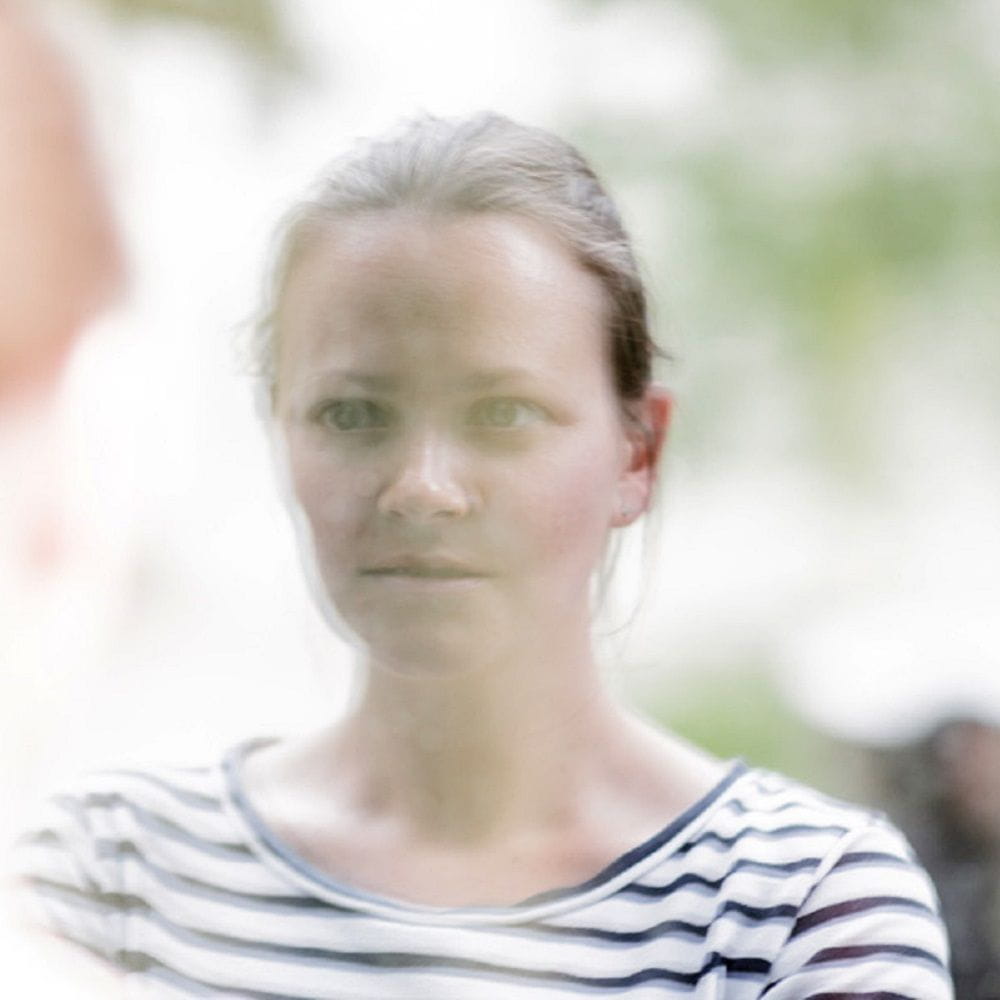We are committed to ensuring that your time studying with us is fruitful for your personal and professional development.
That is why we designed this course to ensure you receive a fantastic educational experience alongside tangible and actionable outputs. This course can help you:
Start a new career in this area, having previously worked in an unrelated area:
Whether you are transitioning away from one career path to another or returning to education after a career break, this course has helped many people find a more fulfilling way forward.
Build your reputation and profile in existing roles in social work, healthcare, mental health, community work and education:
Many of our students are already in work but are now looking to level up their skillset. This course is perfect for those looking to upskill and improve upon their future career prospects.
Move into leadership roles:
A leadership role involves much more than simply rising to the top of an organisation. This course has helped many students develop their understanding of organisational dynamics, self reflective practice and observational skills - all necessary attributes for effective leadership within today's diverse workforce and complex workplace structures.
Gain promotion within a profession which requires a degree qualification:
Many of our students have a valuable track record of work experience, yet despite their practical experience might have missed out on education opportunities and qualifications they now require to take the next step in their career. This course can help you bridge the gap between career experience and academic credentials.






)
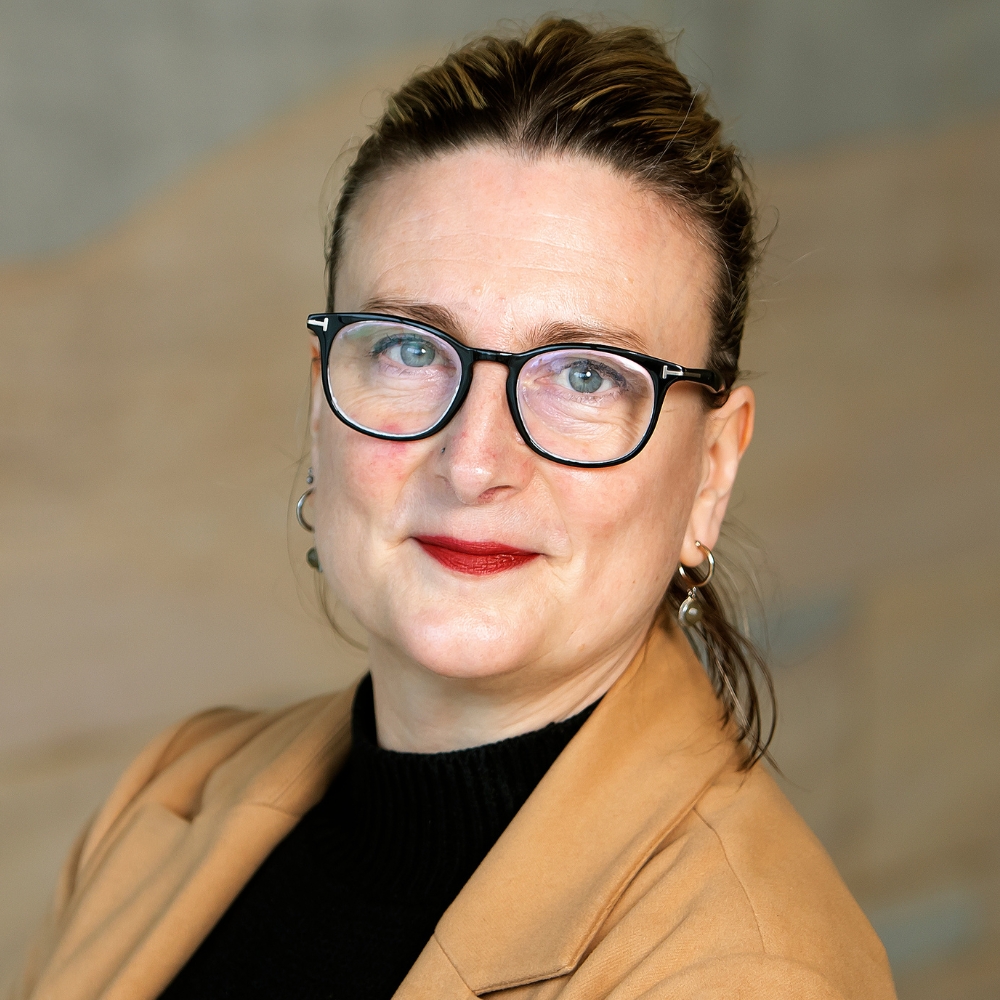
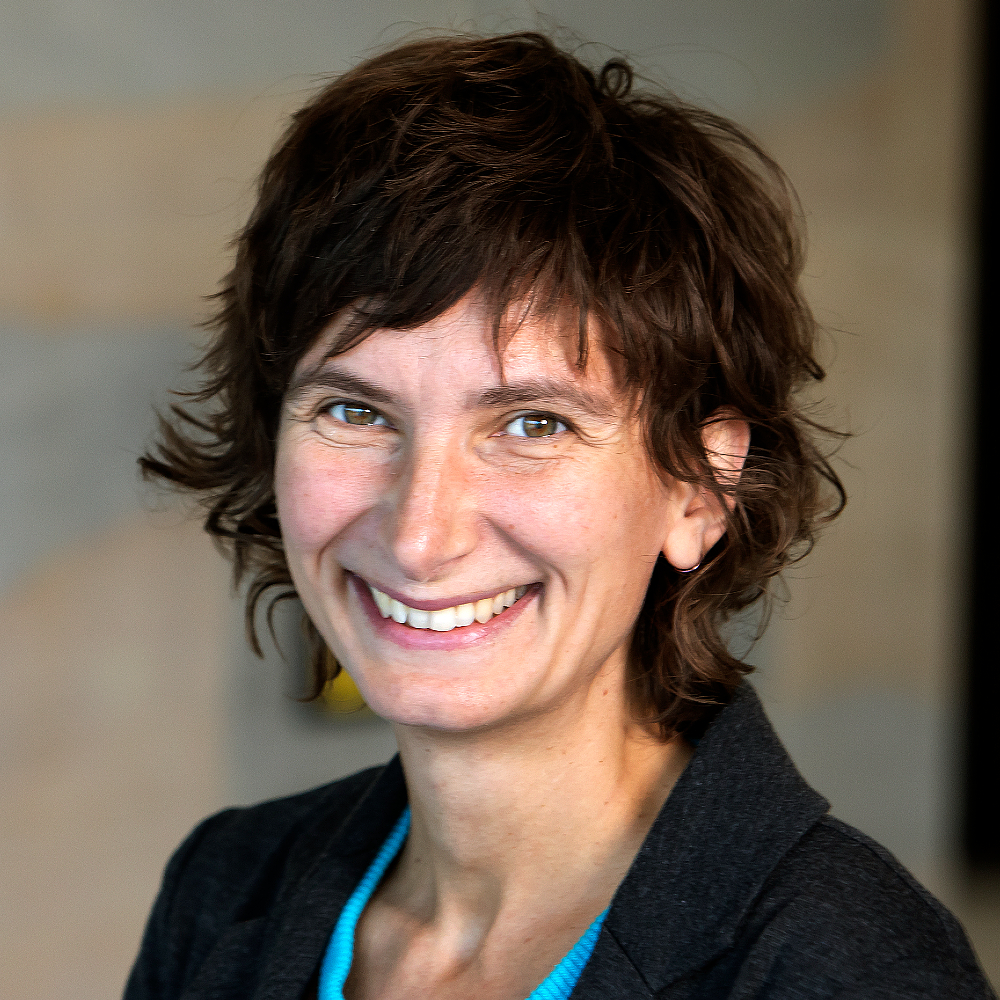
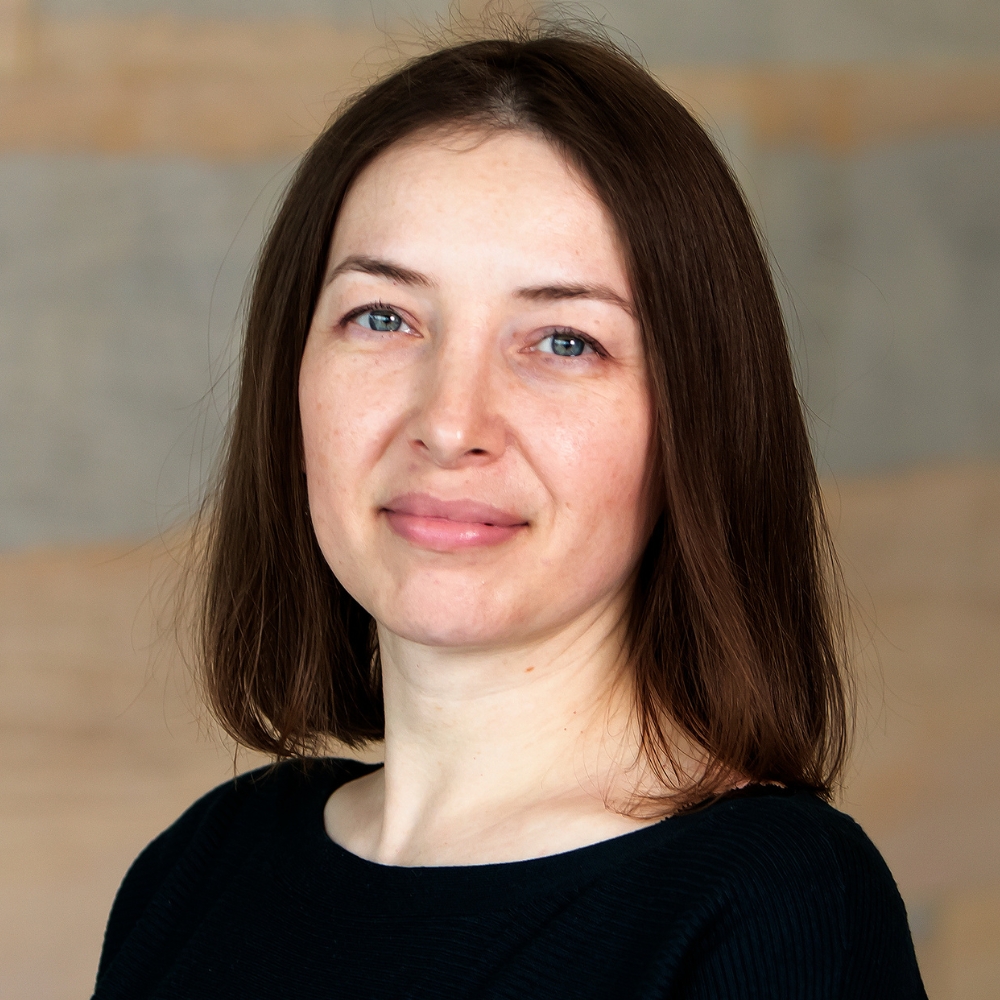
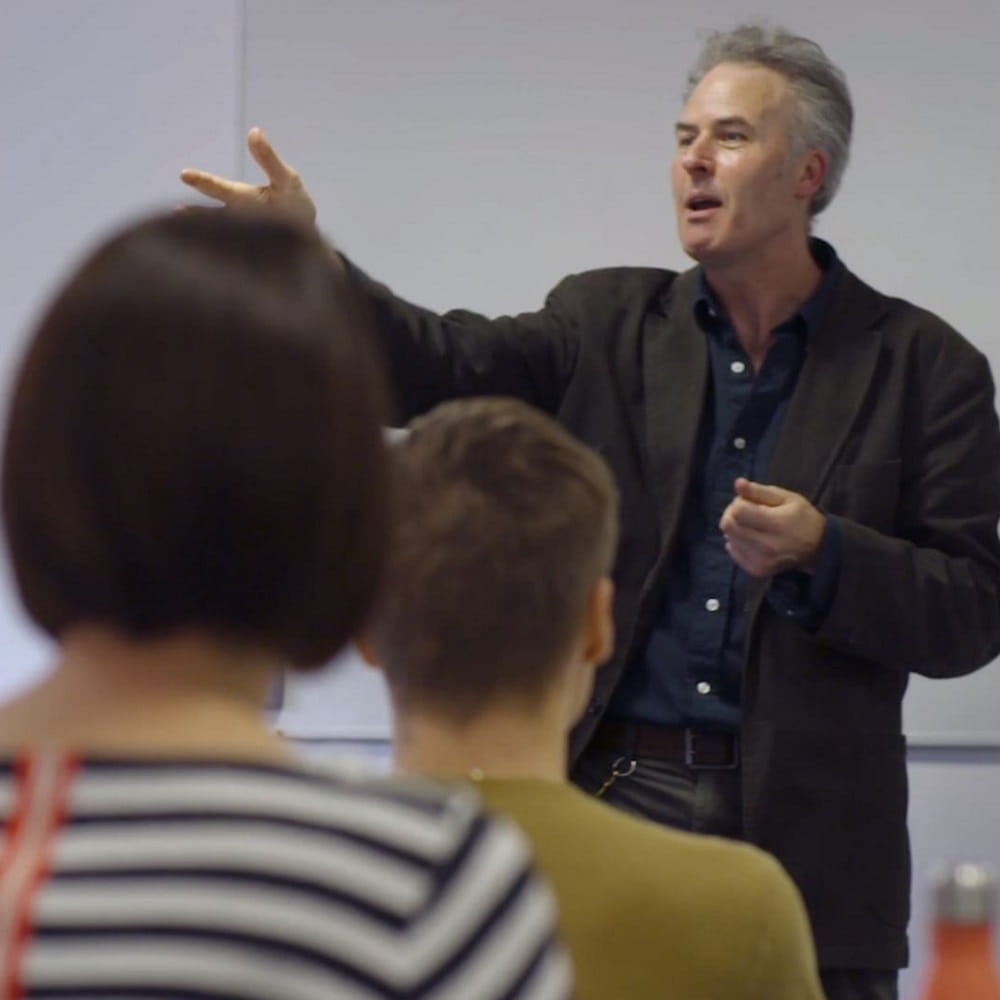





.jpg?mh=825&mw=1500&hash=FA8A3B9394DF6987DFE1272259B97B9C)


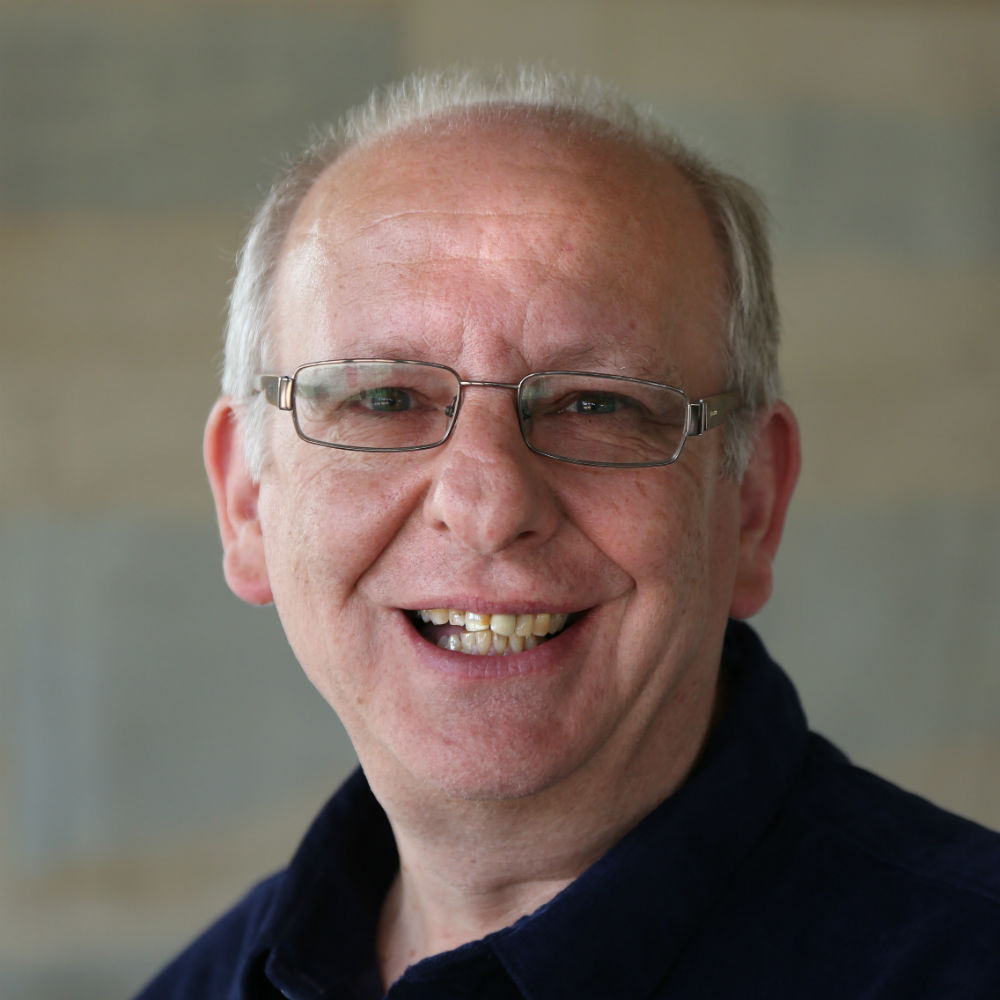
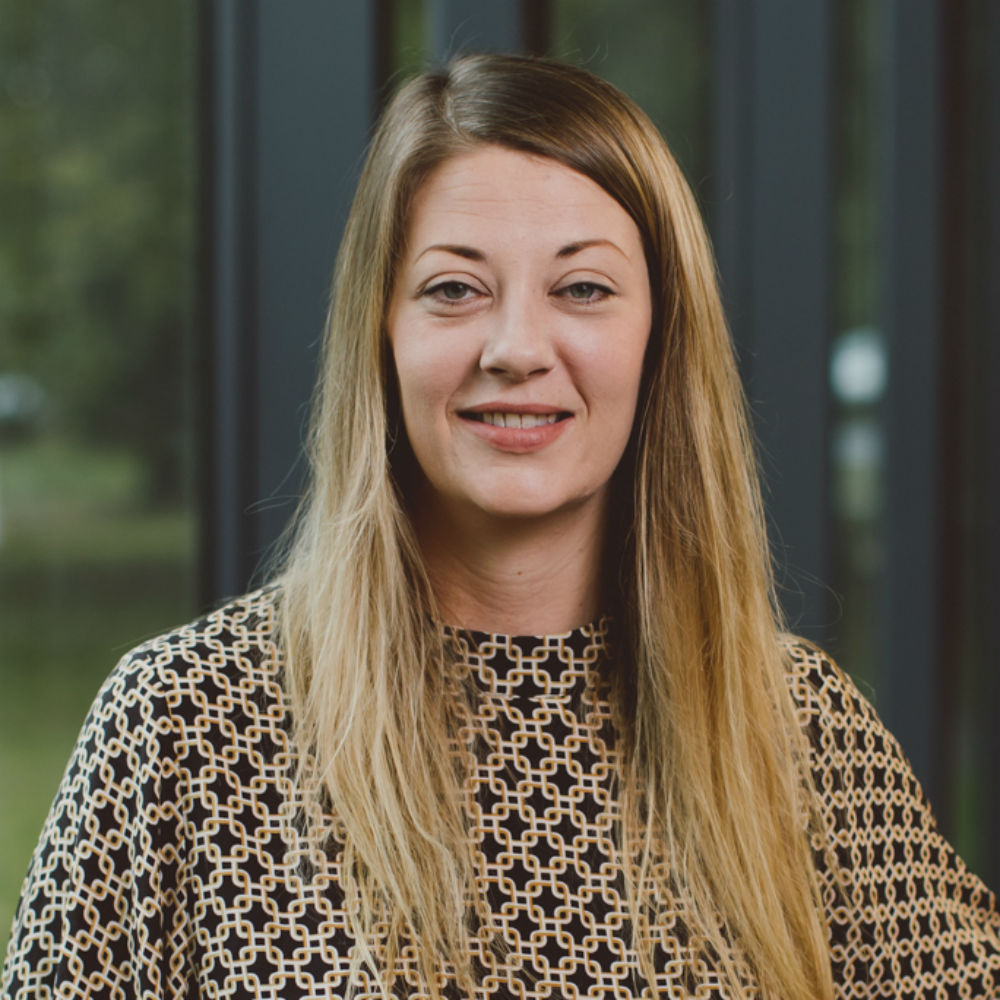
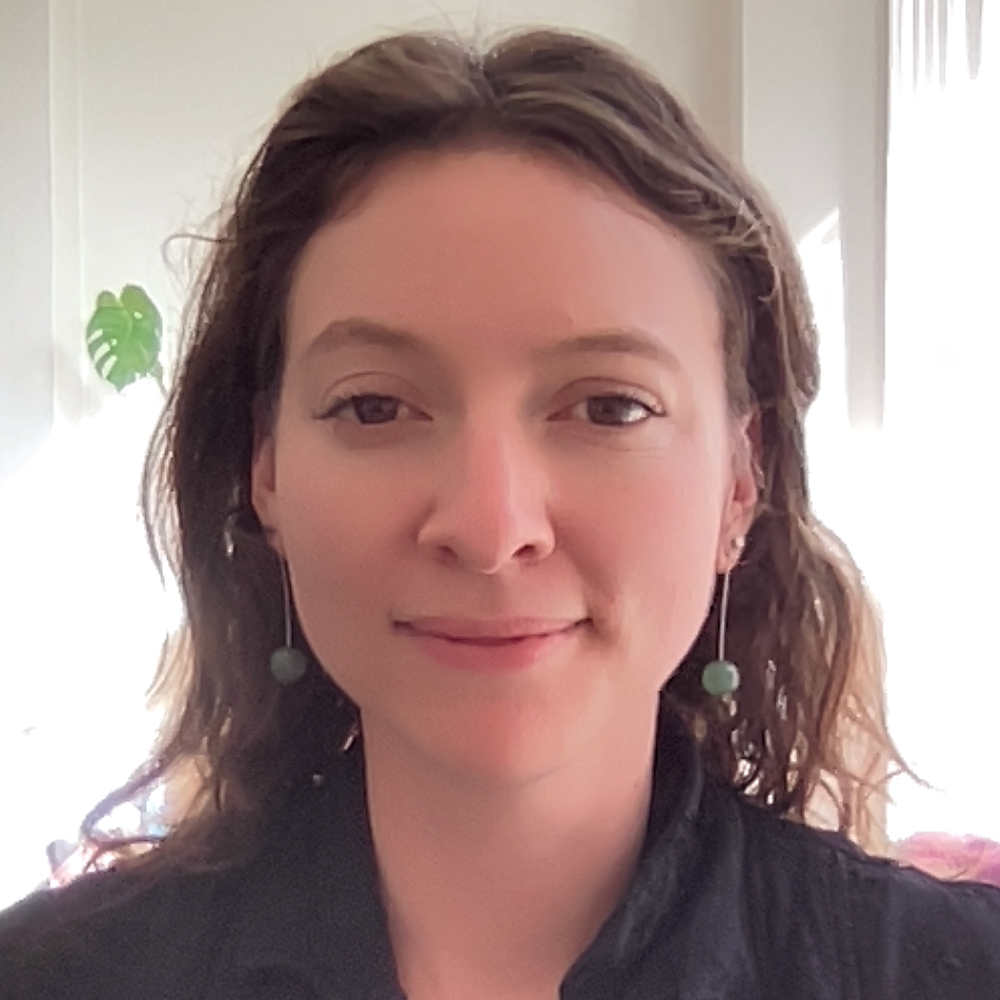
)





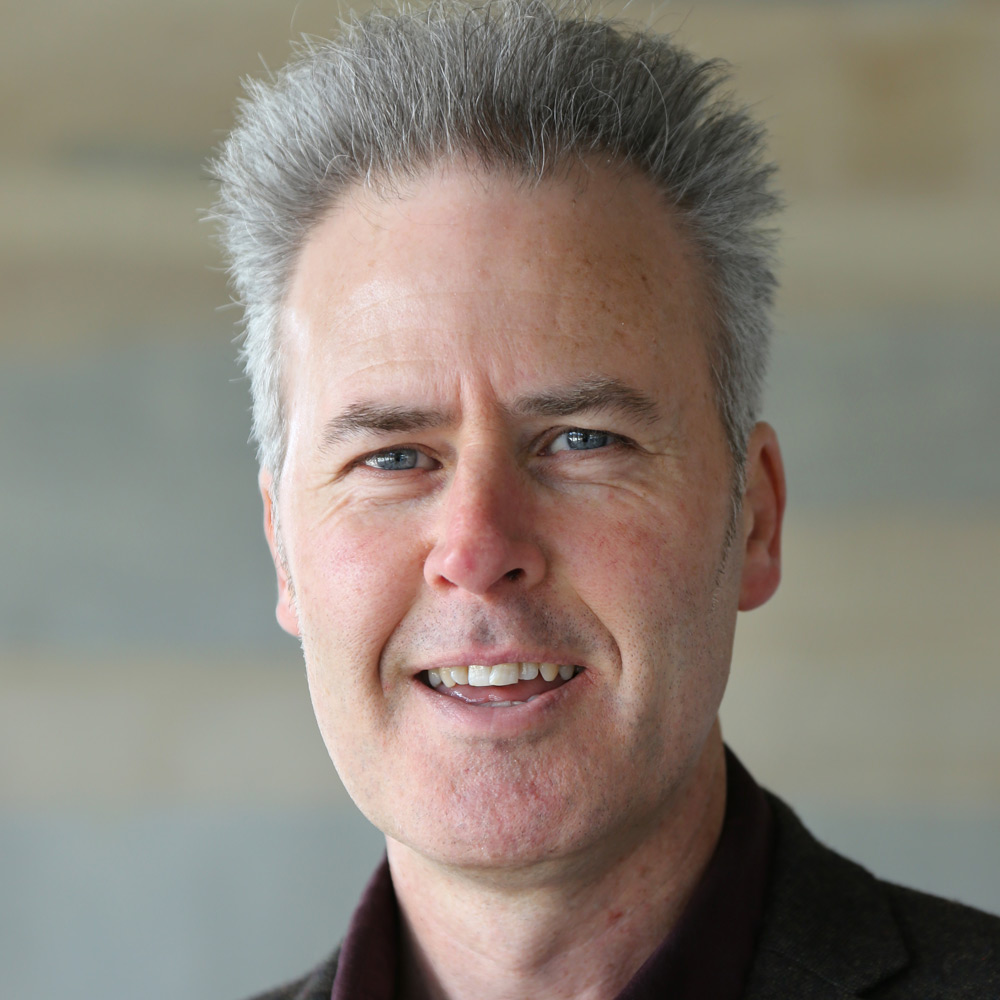
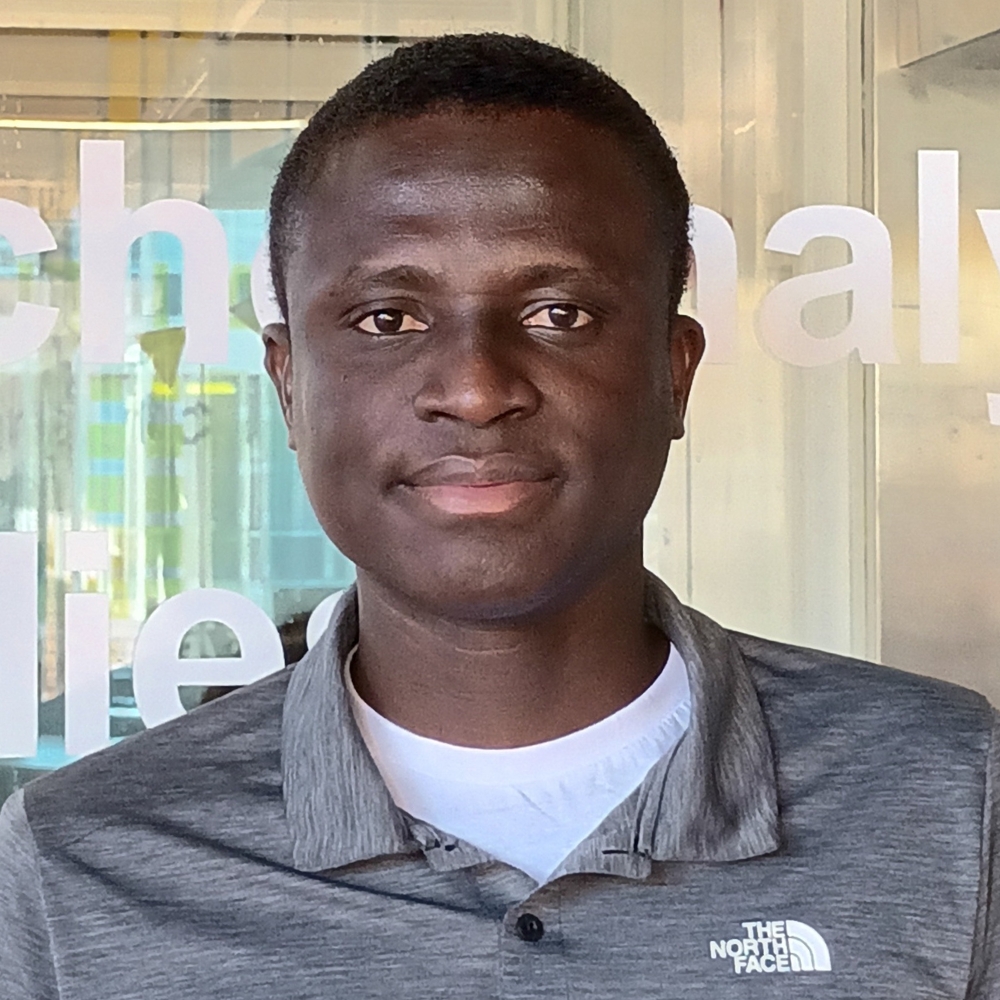
)






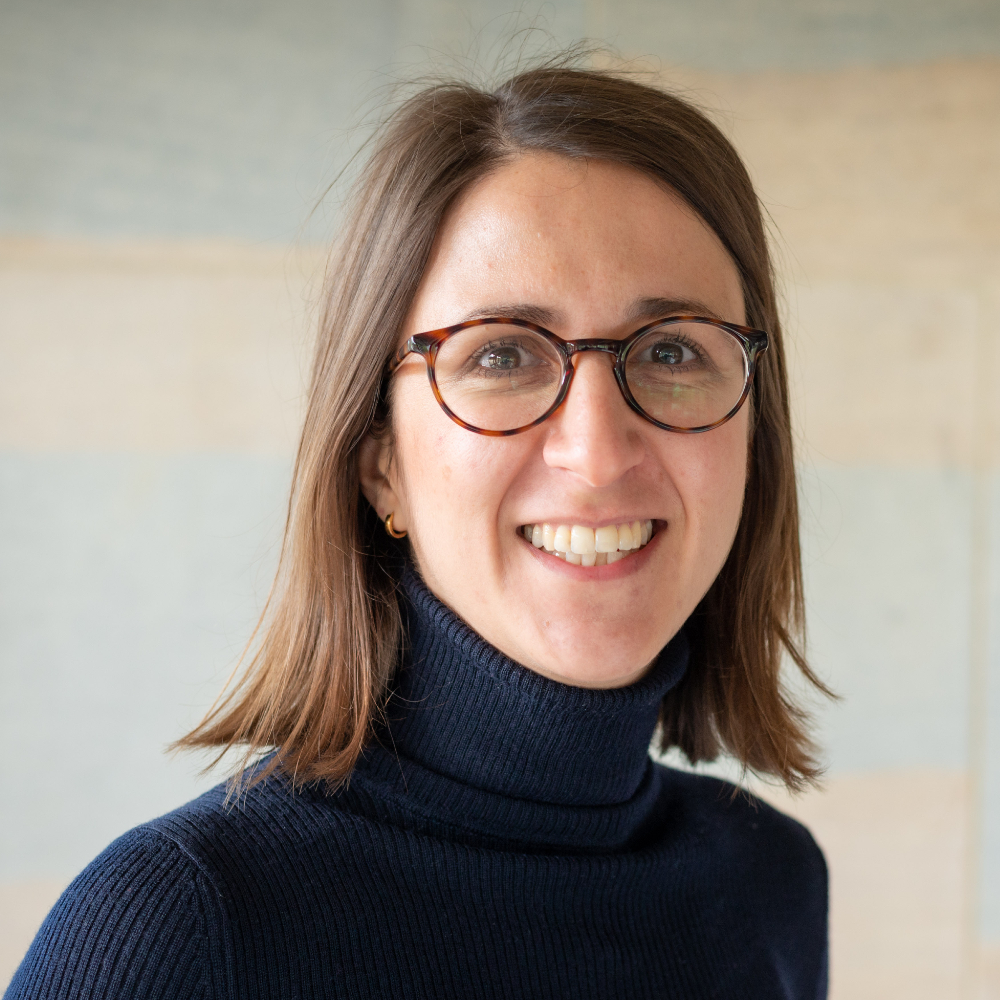
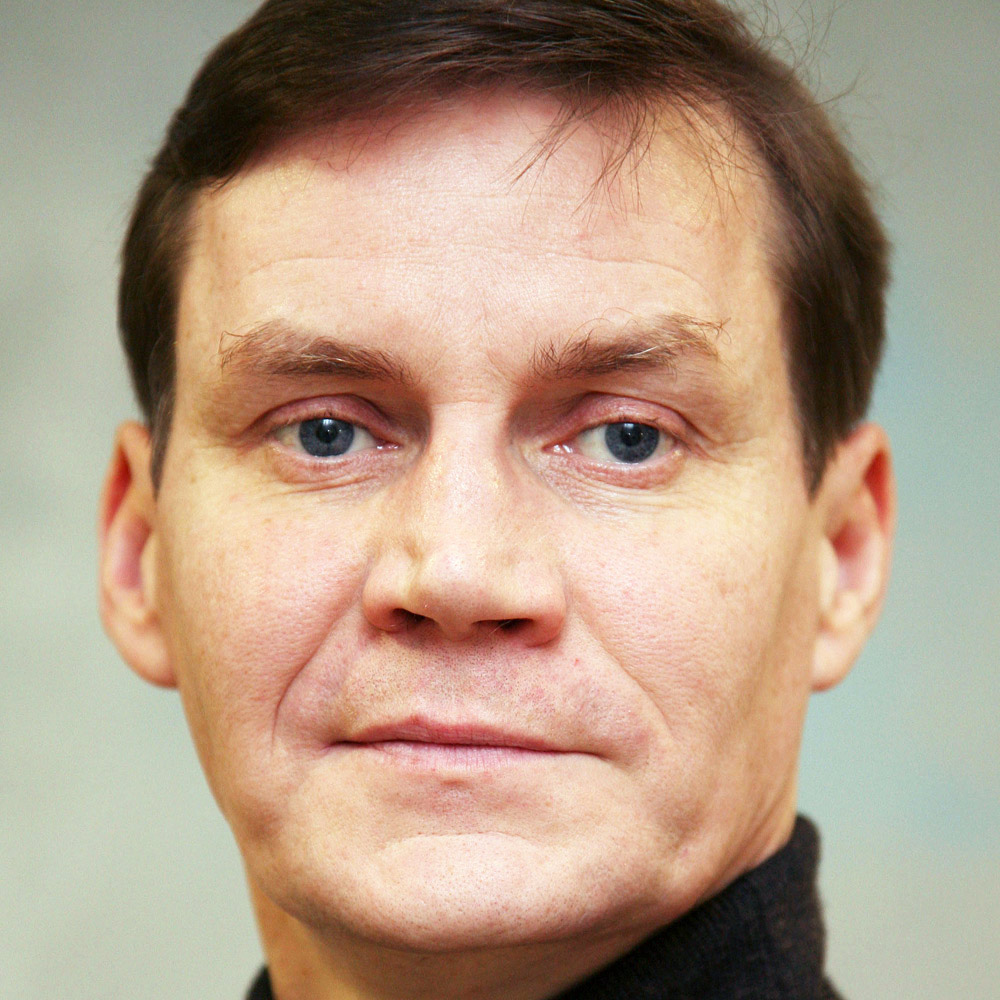
)





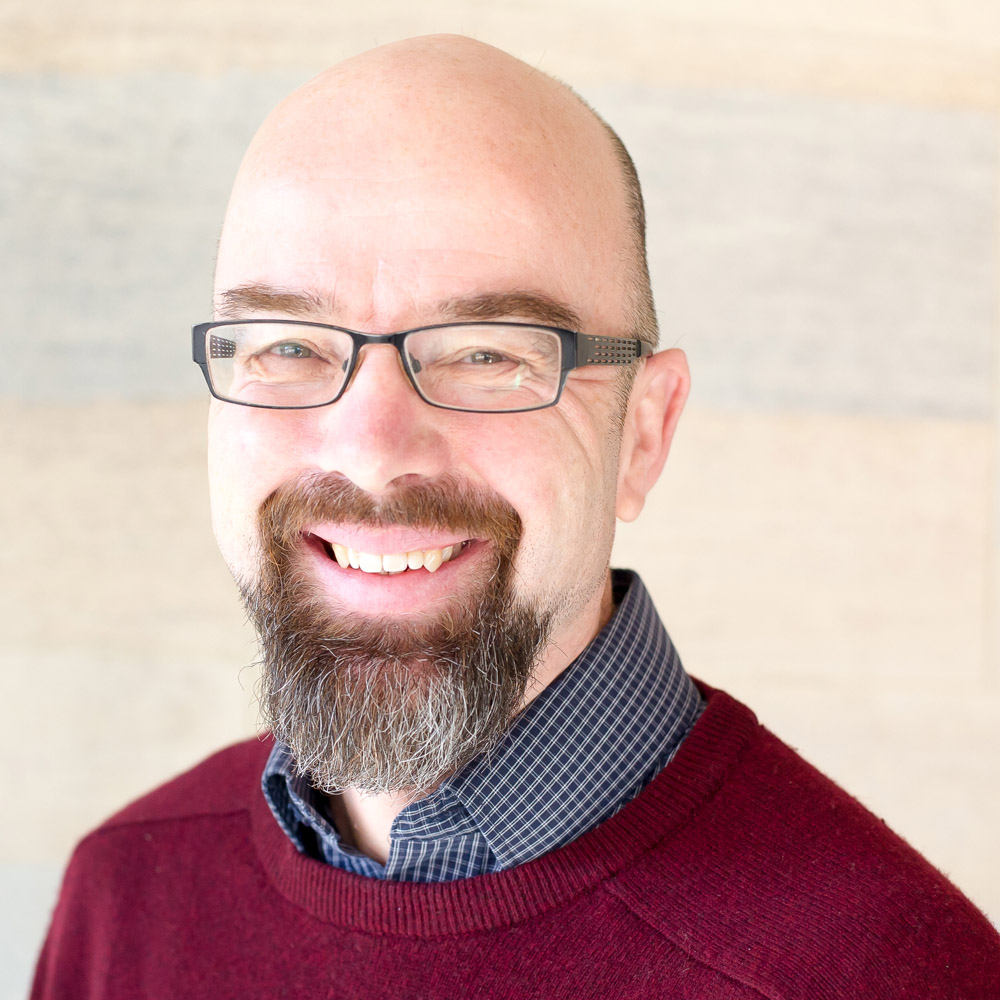
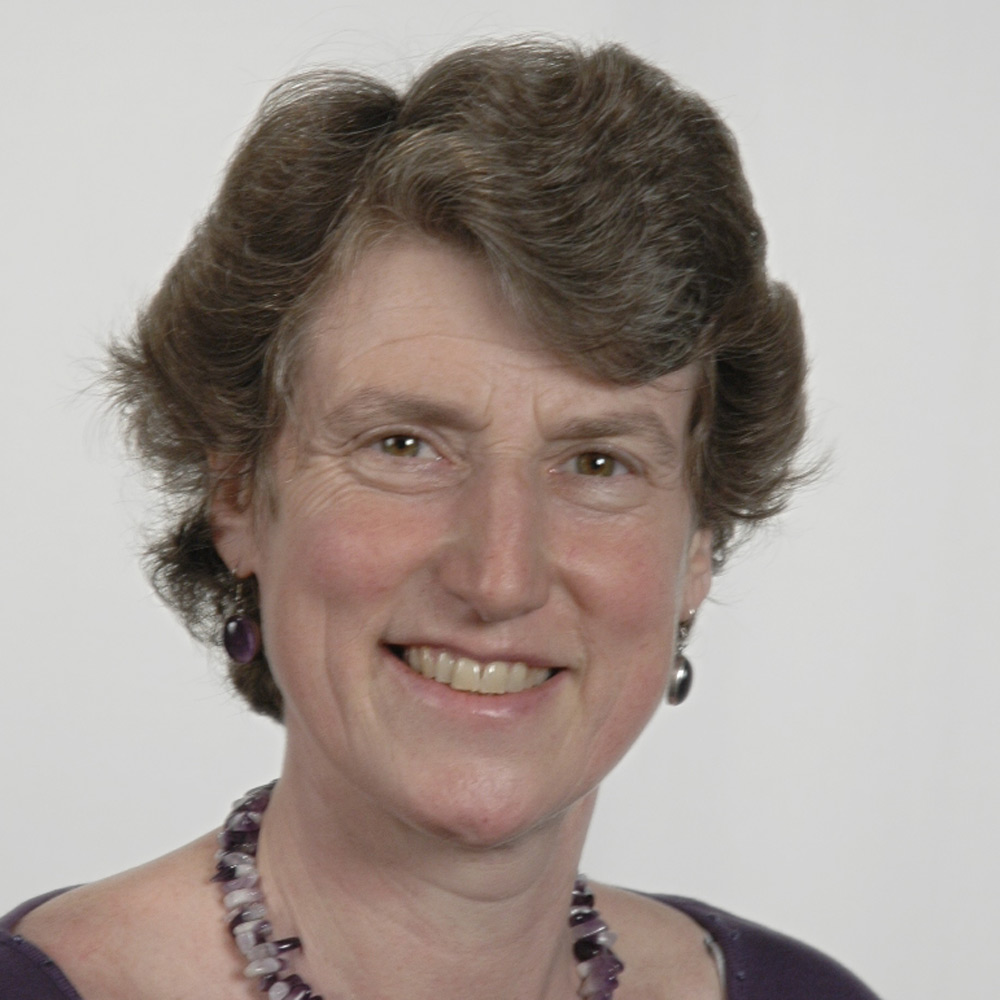

)
